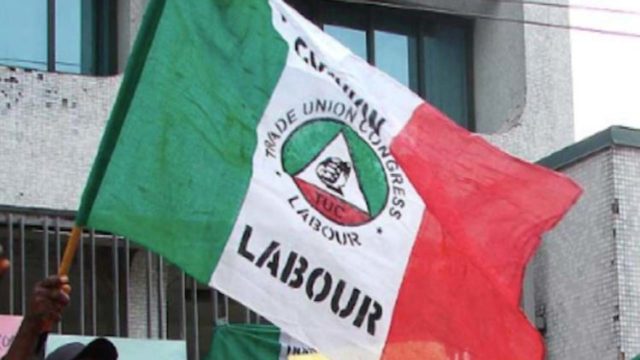The Federal Government and organised labour, led by the Nigeria Labour Congress (NLC) and the Trade Union Congress (TUC), failed to reach an agreement on a new national minimum wage on Friday, May 31.
The tripartite committee has been engaged in negotiations over a new minimum wage since its inauguration in January.
In an effort to expedite the process, the NLC and TUC had set a deadline for the committee to conclude negotiations by the end of May.
However, this deadline passed without an agreement being reached.
In response to the failed negotiations, the NLC and TUC have called for a nationwide strike, citing the government’s failure to finalise the new minimum wage and its refusal to reverse the recent hike in electricity tariffs.
NLC President Joe Ajaero and TUC President Festus Osifo accused the government of being unserious in the negotiations, leaving labour with no other option but to initiate industrial action.
14 Reasons the Federal Government Supports a N60,000 Minimum Wage
According to a report by The Nation, the Federal Government provided the following reasons for proposing a N60,000 minimum wage:
- N35,000 wage award for all treasury-paid Federal workers.
- N100 billion for the procurement of CNG-fuelled buses and CNG conversion kits.
- N125 billion conditional grant and financial inclusion to MSMEs.
- N25,000 each to be shared to 15 million households for 3 months.
- N185 billion palliatives (loans to States) to cushion the effects of fuel subsidy removal.
- N200 billion to support the cultivation of hectares of land to boost food production.
- N75 billion to strengthen the manufacturing sector.
- N1 trillion for student loans for higher education.
- Release of 42,000 metric tons of grains from strategic reserves.
- Purchase and onward distribution of 60,000 metric tons of Rice from the rice millers association.
- Recent salary increase of 25-35 per cent on all consolidated Salary structures for federal workers.
- 90% subsidy on health costs for Federal Civil Servants registered on NHIS.
- Light rail commissioned in Abuja to relieve transportation cost till the end of the year. Lagos State had already commence same initiative with their Blue and Red lines.
- In addition to the freedom of Civil Servants to engage in agriculture, Federal Government has approved the inclusion of ICT services for alternate sources of income.
